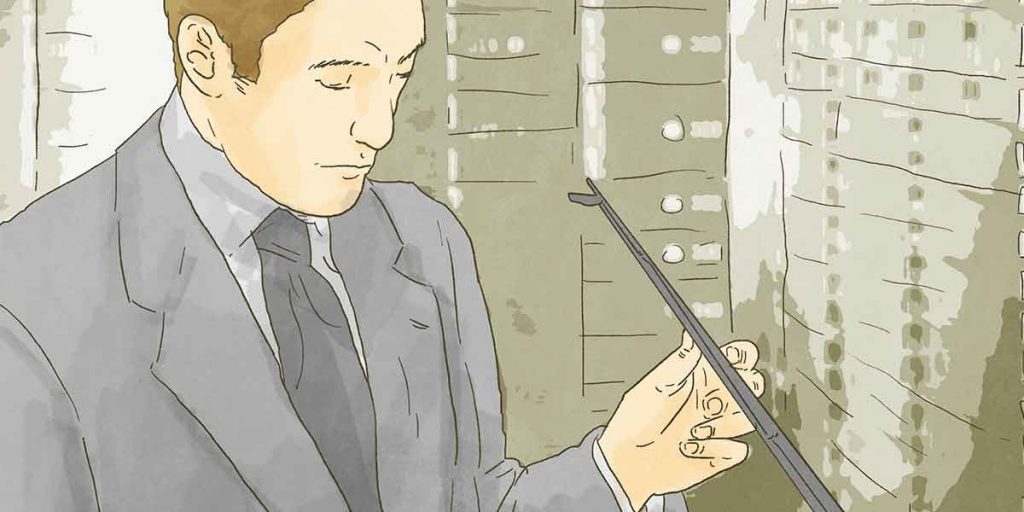A power of attorney is a legal document which grants authority to a second party to act on behalf of the creator in accordance with the wordings in the document. The maker of the document is known as the principal, while the authorized party is known as the agent or more formally the attorney-in-fact.
Uses of powers of attorney
Powers of attorney are essential for comprehensive estate planning in Florida. They help individuals prepare for incapacity to ensure that when they become unable to handle their own affairs themselves, someone who they trust will step up to do it for them. There are various types of powers of attorney of which the springing POA is one. The types are generally based on the date or event at which the document must go into effect. In Florida however, a POA must go into effect on the same date it was established.
Springing power of attorney Florida
The springing power of attorney is one that mandates the agent to commence their duties only when the principal becomes disabled in the future. Before October 1, 2011, the springing power of attorney was accepted in Florida. That year, the law regulating powers of attorney in Florida was altered.
The law regulating power of attorney in Florida
The Florida statute section 709.2108 regulates the start date of effectiveness of POA in Florida. The law was changed in 2011. Before this said year, the law recognized as valid powers of attorney which contained wordings for the document to go into effect on the same day of execution or on a later date or due to an event that renders the principal incapacitated.
But due to the change in the statute in 2011, the law now nullifies any POA which states that the agent must begin acting on a later date from that on which it was executed, or contingent on a future condition such as incapacity (as with a springing POA).
The clause in the law
As a result of the amendment in the statute, a clause was provided to handle springing powers of attorney. The clause provides that the springing POA can only still be effective if it was created before October 1, 2011, and did not go into effect before then. But this does not just go as simply as it sounds. An affidavit must be signed and delivered by a qualified medical practitioner who is responsible for the care of the principal, and can attest to their present state of incapacity.
The affidavit must contain the qualifications and license of the doctor, that they are responsible for the care of the principal, and by their medical judgment perceives the principal to be incapable of handling their own personal and/or estate affairs anymore. Once this affidavit has been submitted, the springing POA goes into effect and the agent can commence their responsibilities.
If you must create a POA to handle incapacity, there are other options that are highly effective for this purpose. An advance healthcare directive can be created to bear your healthcare preferences during end-of-life conditions; a general power of attorney authorizes your agent to handle virtually all that pertains to you, including healthcare.
Why you need to contact an estate planning lawyer
If estate planning is what you seek, then you should be guided that handling it alone does not suffice to give you a comprehensive estate plan. In fact, you may make costly mistakes that may end up nullifying your estate plan because the document is no longer valid in Florida as you thought it was. The springing POA is a very simple example of that fact, and how estate laws change. These changes can happen quite often, and what was accepted in Florida yesterday may become unacceptable tomorrow.
To be on the right side of the law at all times so as not to make costly mistakes, it is important consulting or hiring an estate planning lawyer. Estate planning lawyers are proficient, experienced and updated in estate laws and knows just about what it takes to give you an all comprehensive estate plan. Contact a Florida estate planning lawyer today.





